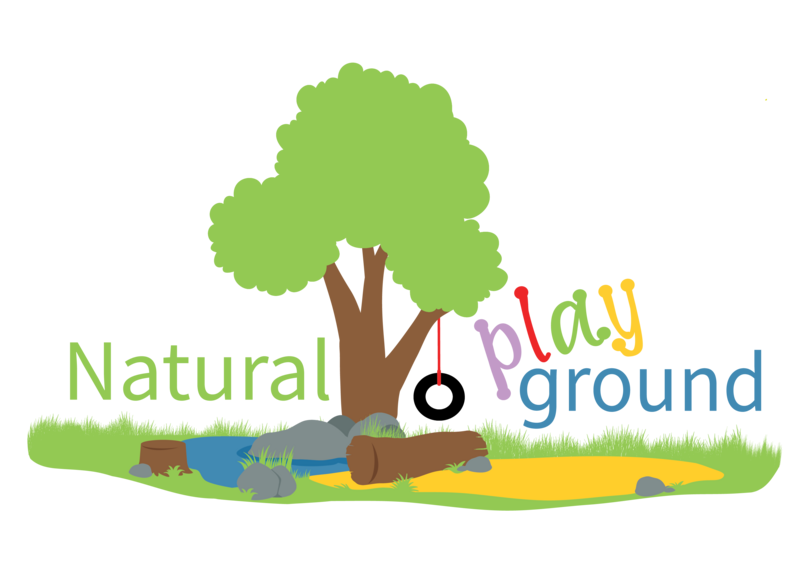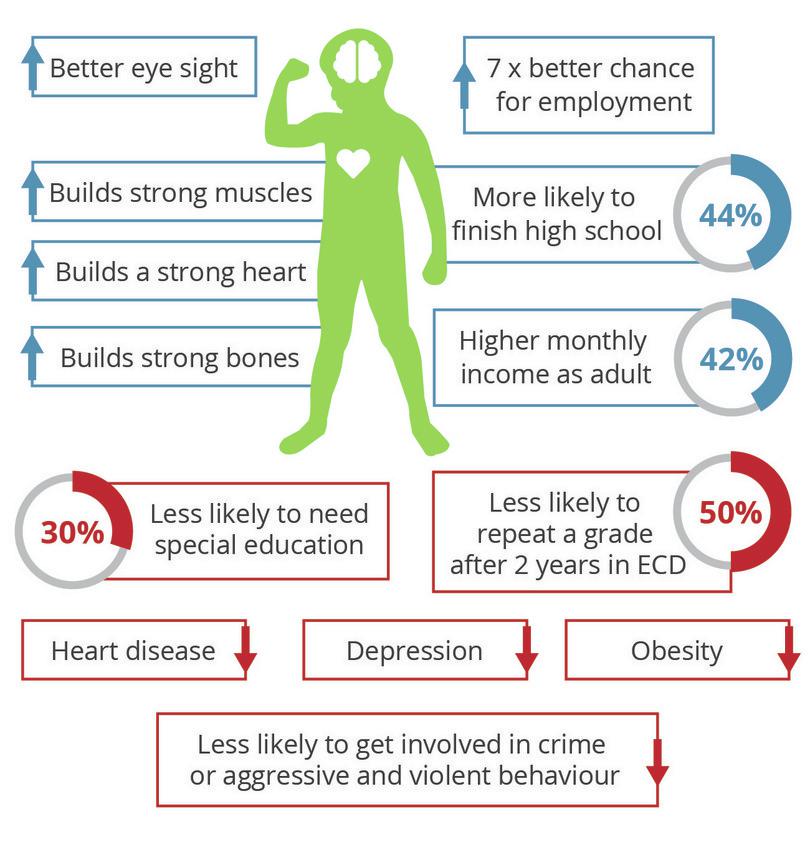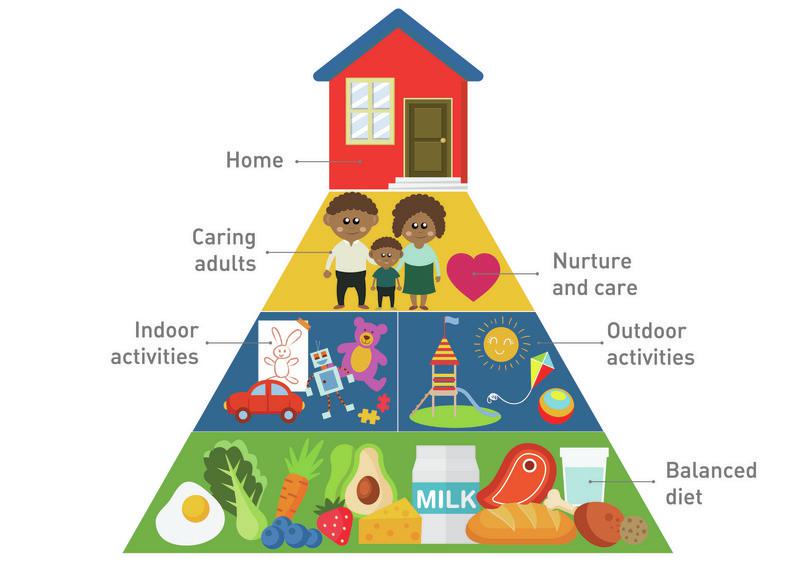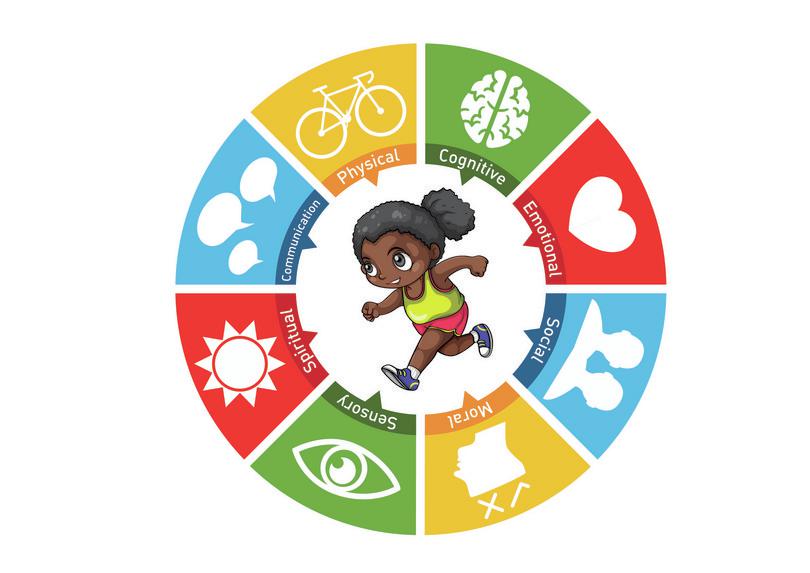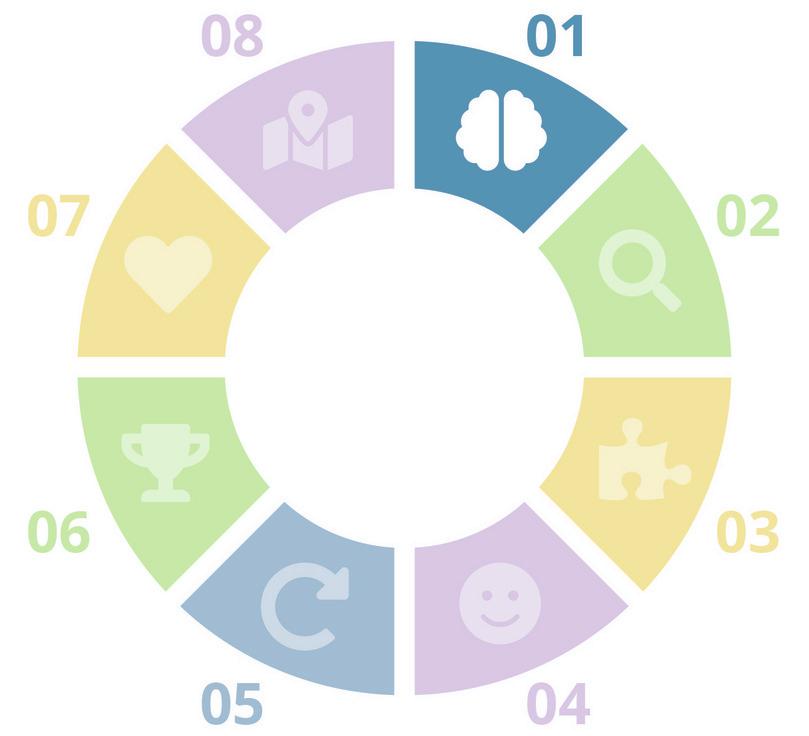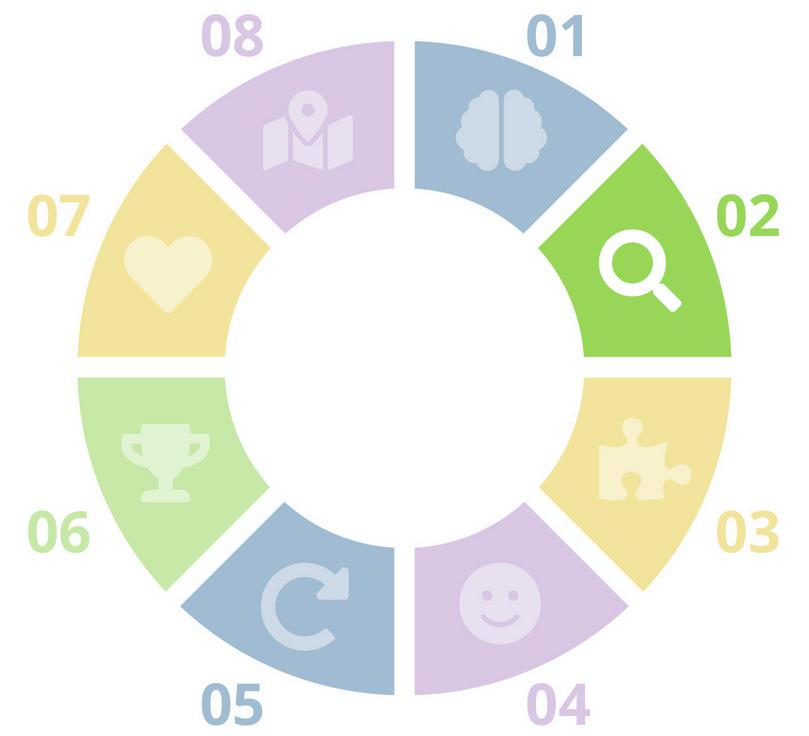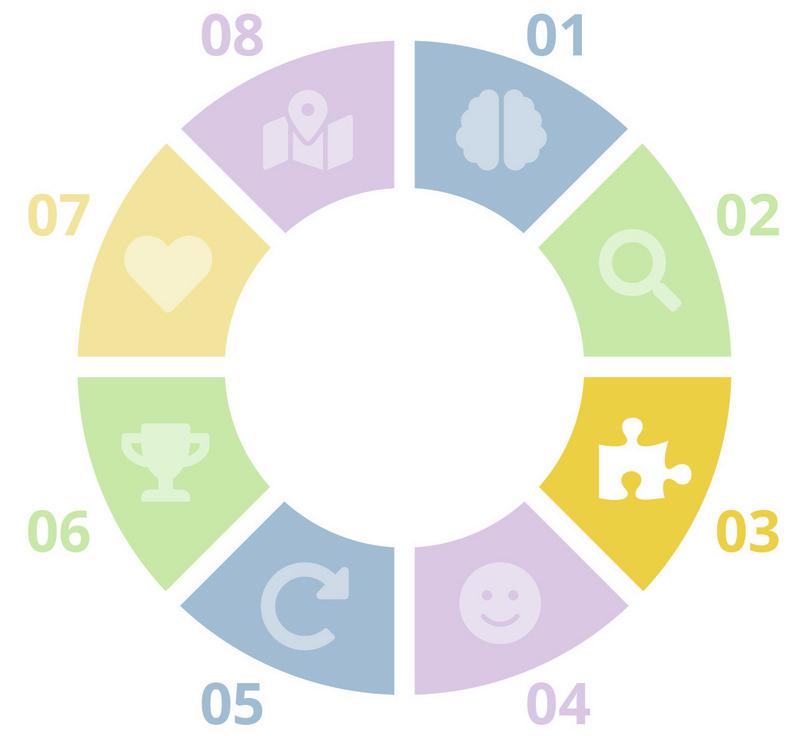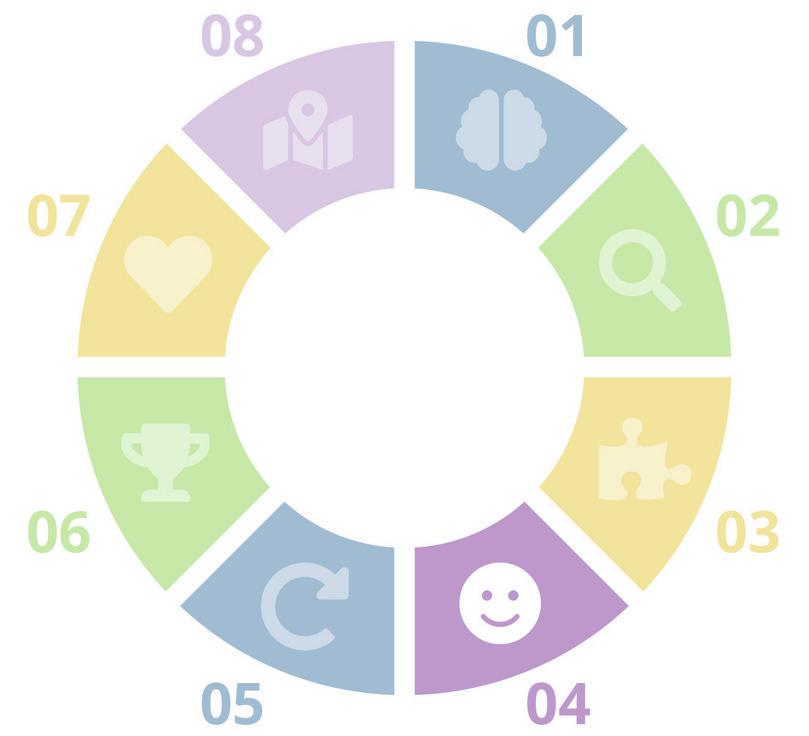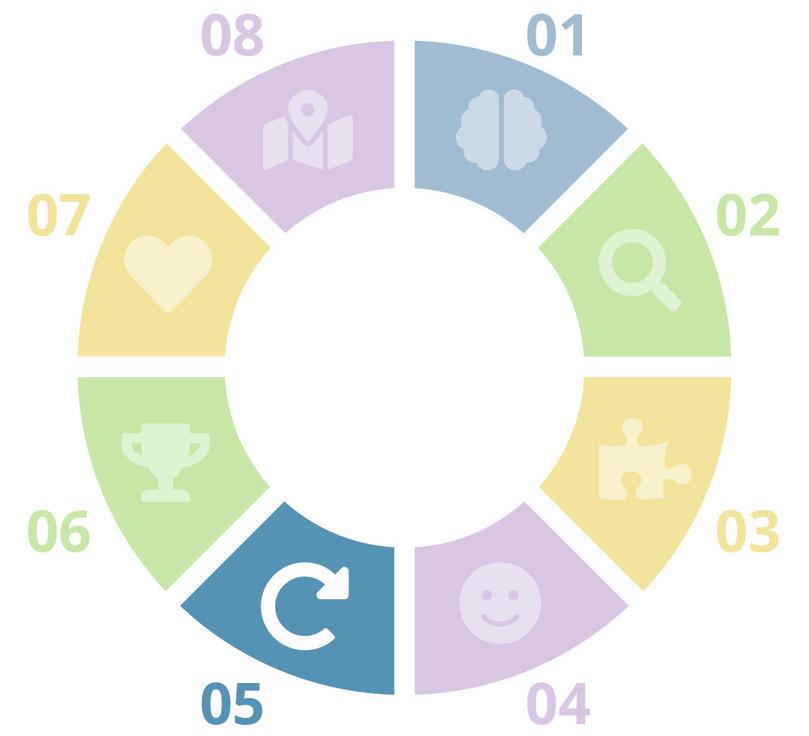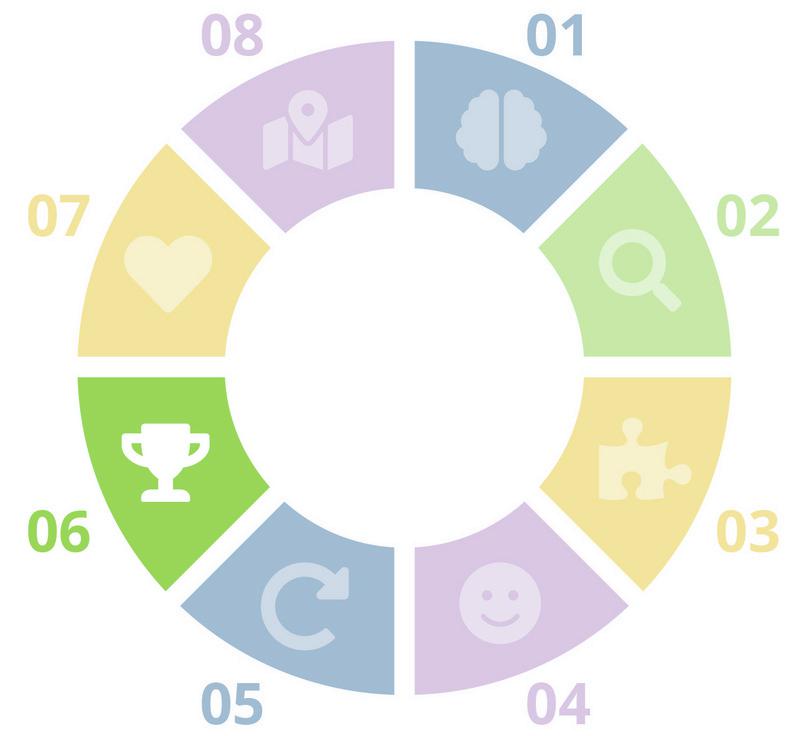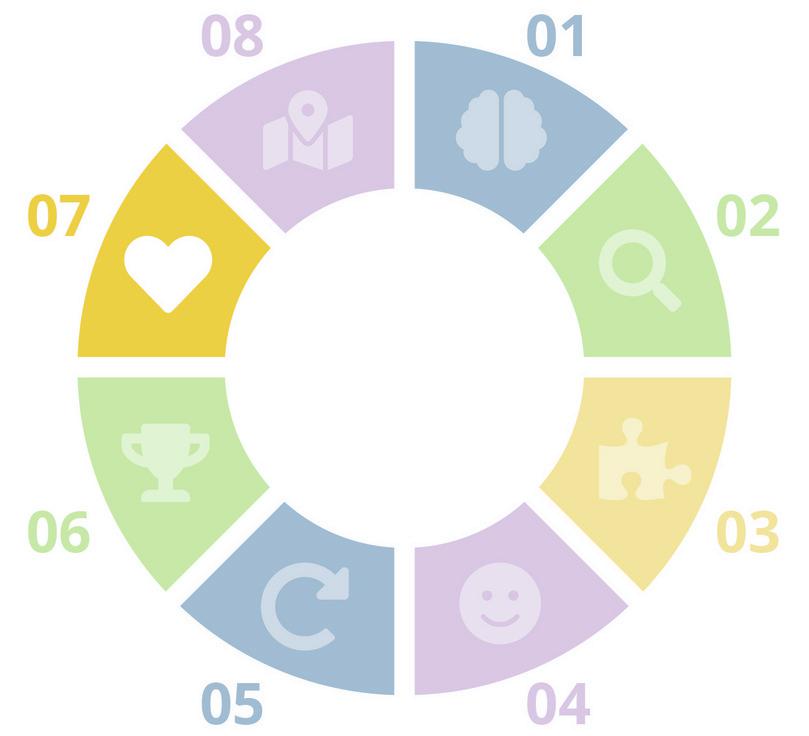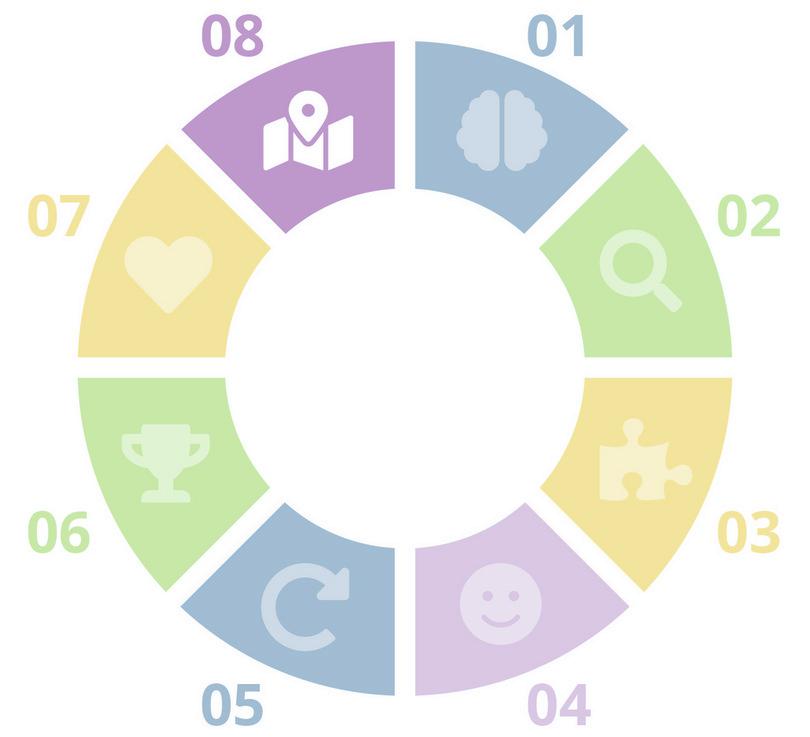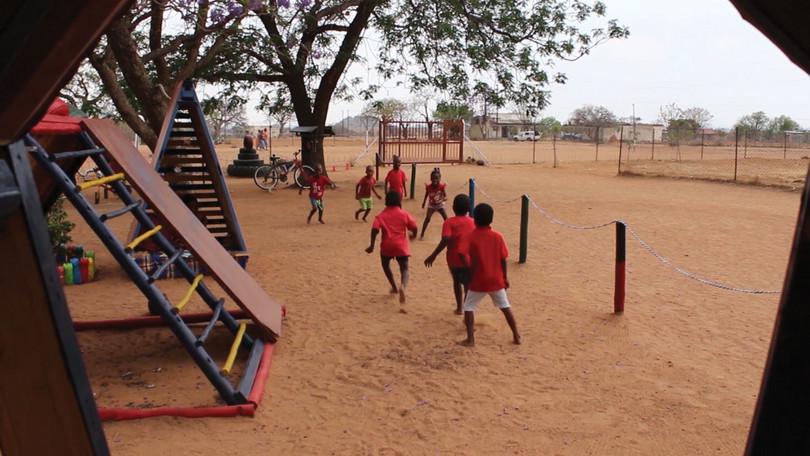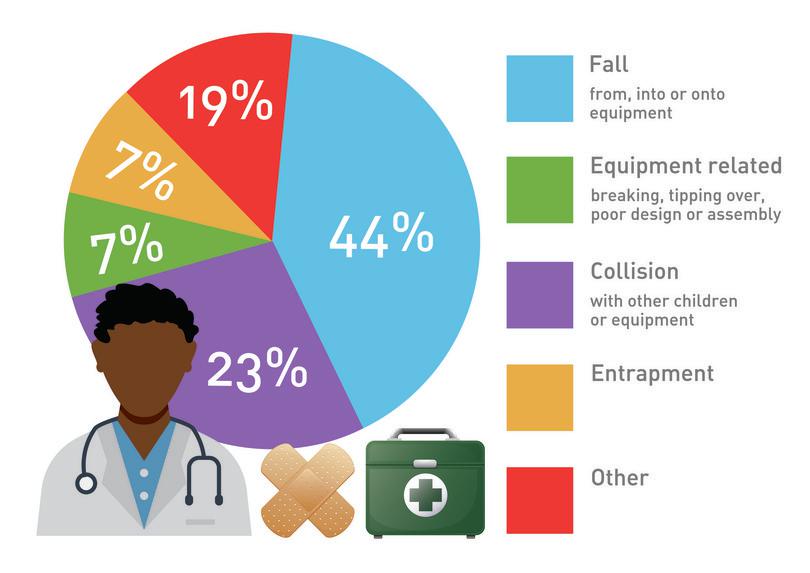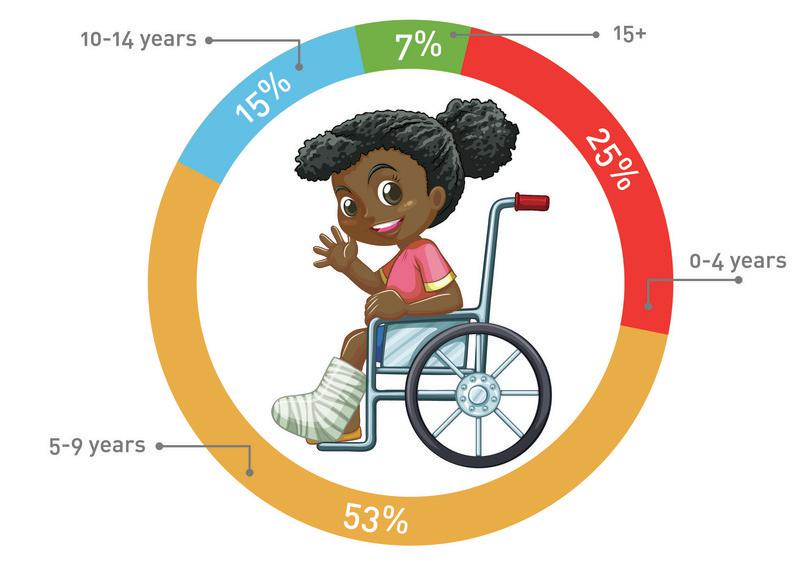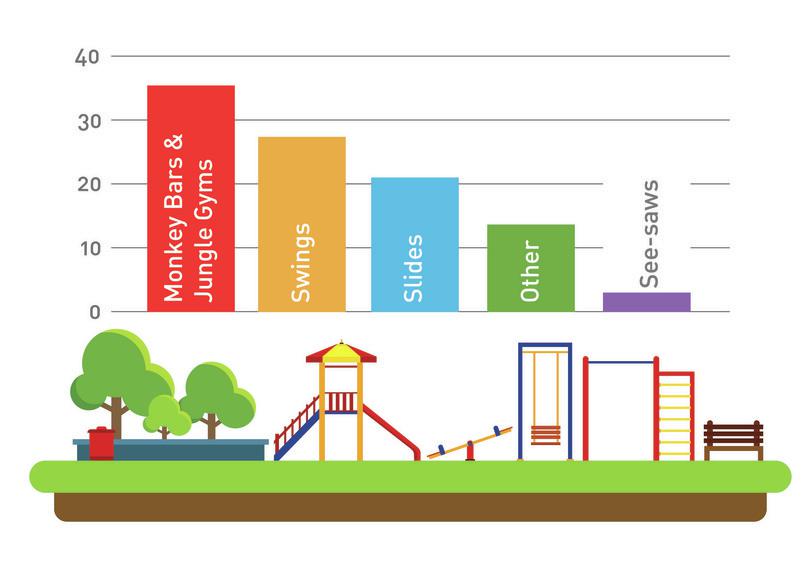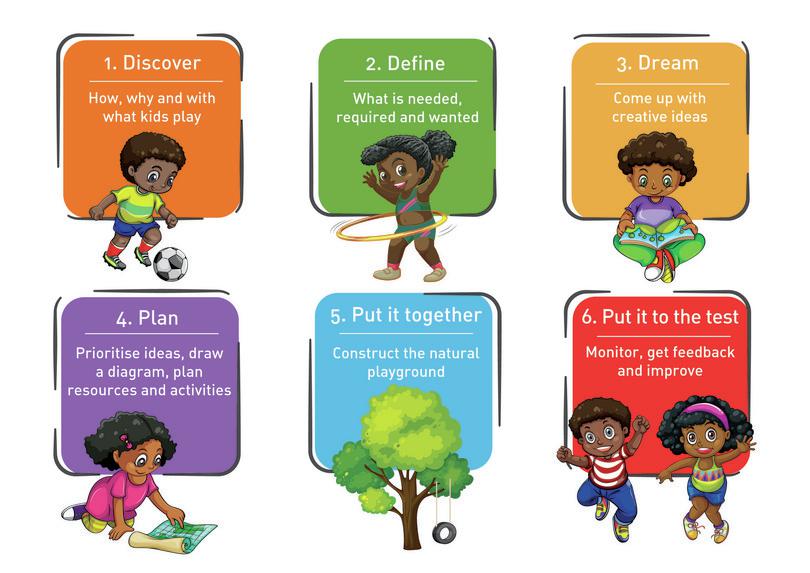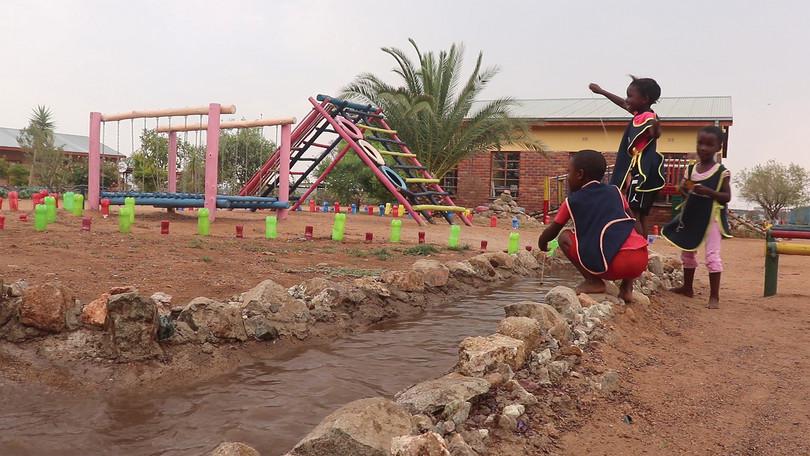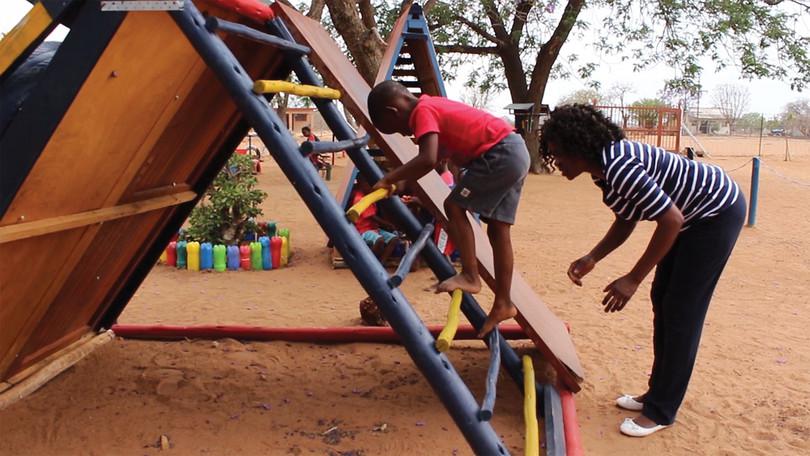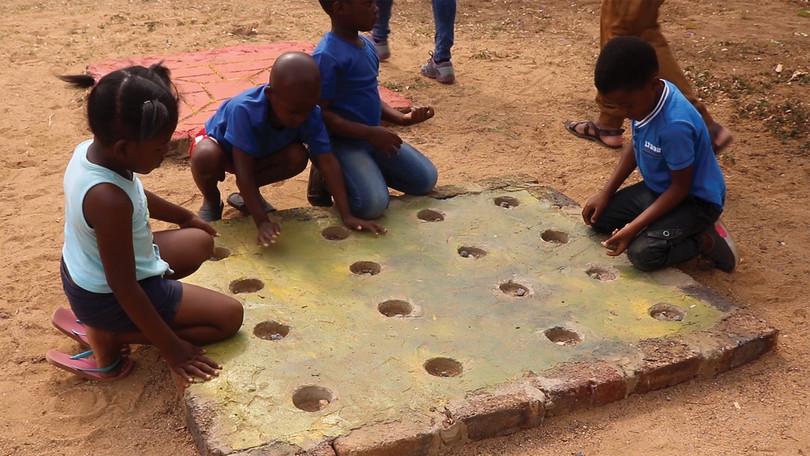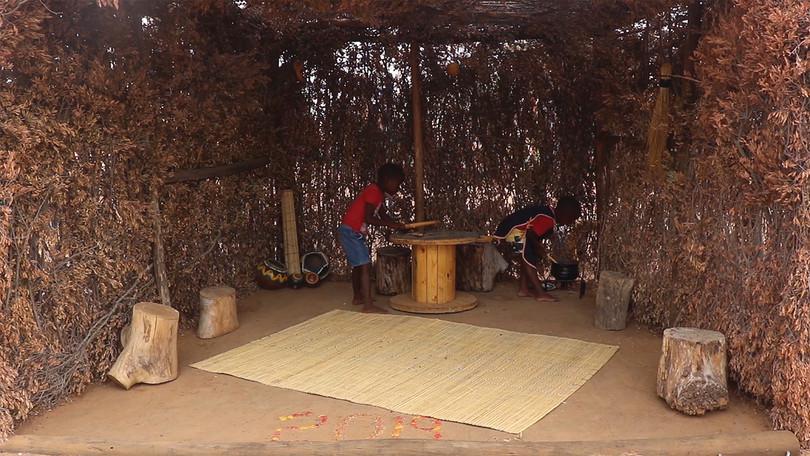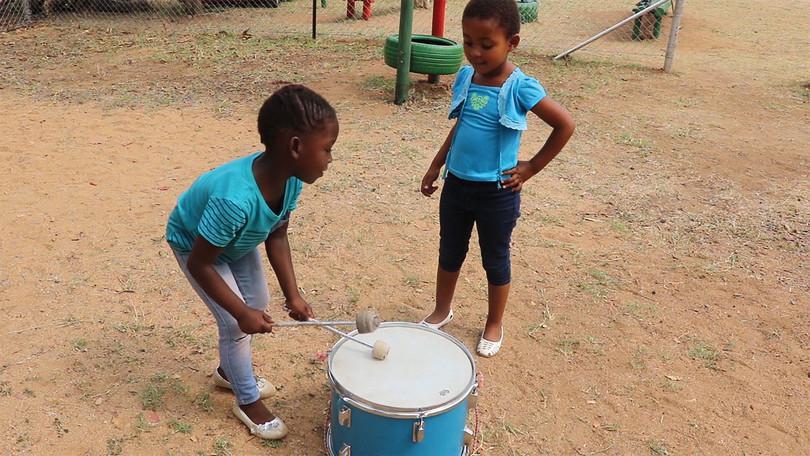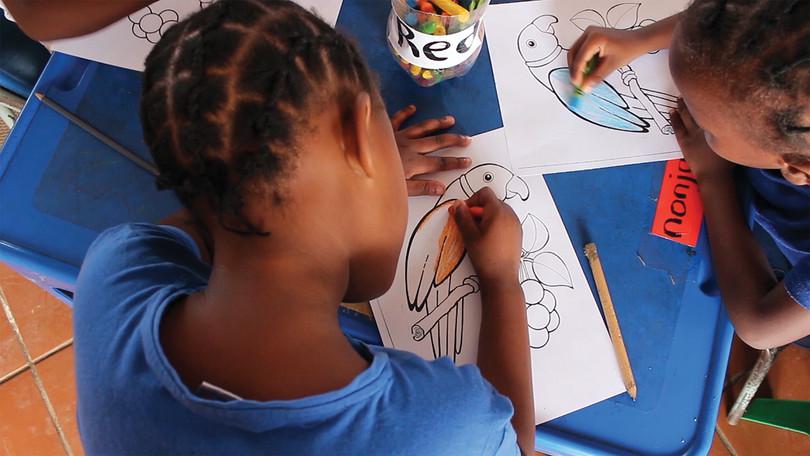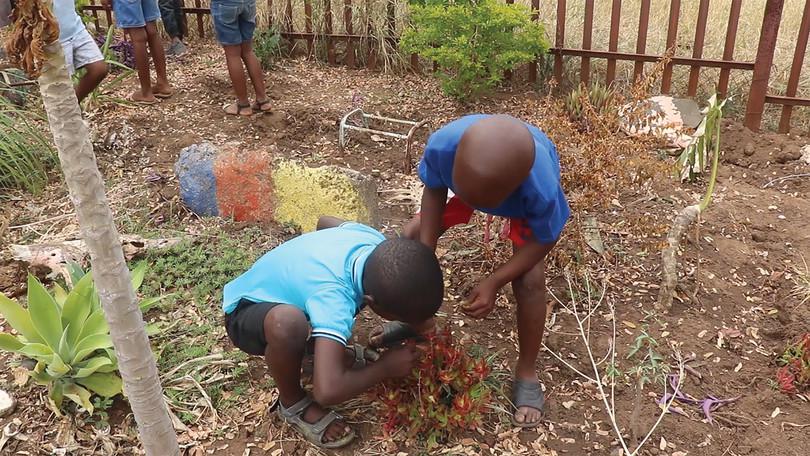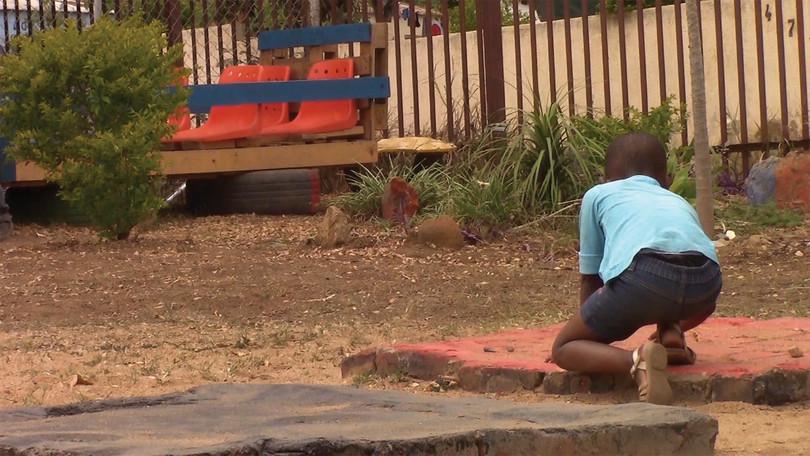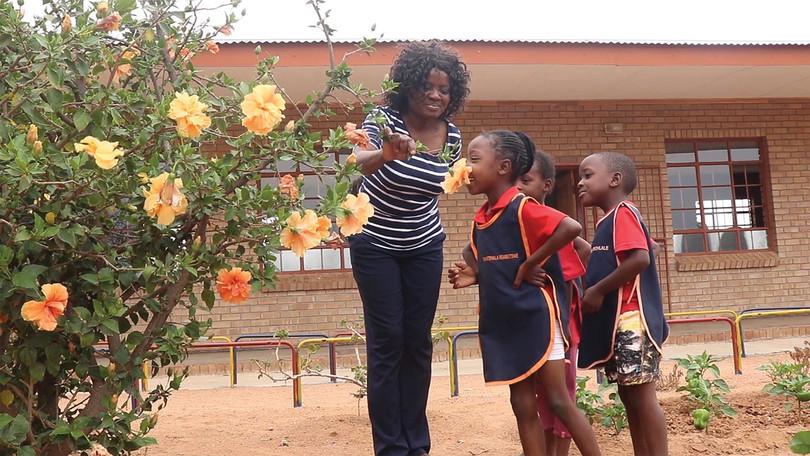Section 1 Understand
The importance of play
Play develops skills, habits and attitudes that stay with children for the rest of their lives.
PlayPlay Play is the work of children. It consists of activities that are performed for self‐amusement that have behavioural, social, and psychomotor rewards. in early childhood has a strong and lasting influence on a child’s health, wellbeing, and long‐term development. Studies show that early play experiences shape a child’s physical growth, capacity for learning, chances of finishing school, future employability, and even income. Through play, children develop the brain pathways that are needed to learn and grow.
The first one thousand days in a child’s life holds the key to unlocking their life‐long potential.
90% of critical brain development happens before age five.
Brain pathways
The brain begins developing in the womb. During the first years of life, dramatic growth takes place and positive experiences at this stage of development help to build strong brain connections.
Towards an adult brain
A baby’s brain has more connections than an adult’s. The connections quickly increase until the point where the brain starts to ‘prune’. Active pathways that are regularly used and reinforced by experience are kept, and the rest are ‘pruned’ away.
Over time, children develop more and more complex skills by using their different brain pathways.
Sensory pathways
vision, hearing, touch, taste, smell
Language pathways
symbols, ideas, social relationships, talking
Higher cognitive functions pathways
critical thinking, reflective thinking, thoughtful actions
Healthy brain development is determined by a child’s early life experiences, including a healthy pregnancy, safe and nurturing care, nutrition, language stimulation, play, and lots and lots of attention and interaction. The neural pathways that are developed in a child’s first three years act like roadmaps for later learning.
| More likely to: | Less likely to: |
|---|---|
| Show improved literacy skills | Drop out of school |
| Show improved mathematics skills | Repeat grades |
| Stay in school longer | Need special education |
| Complete high school | |
| Study further |
Likely effects on children who experience high-quality early childhood development
Figure 2 Likely effects on children who experience high-quality early childhood development
‘Delays in cognitive and overall development before schooling can often have long lasting and costly consequences for children, families and society. The most effective and cost-efficient time to intervene is before birth and the early years of life. Investment in Early Childhood Development should be a key priority.’
National Development Plan: Vision for 2030
‘A holistic development addresses all the developmental needs of a child at the same time. In other words, Parents, Care Takers and ECD Centres cannot just ‘look after’ children, they have to make sure that children are developed to their fullest potential.’
Children’s Act 38 of 2005
What children need to develop
During the first years of a child’s life, factors such as adequate healthcare, good nutrition, good quality childcare and nurturing, a clean and safe environment, early learning and stimulation will influence the child’s future.
To ensure that these important factors are met, each day of a child’s life should include:
- physical activities for large and small muscle development
- creative activities using different natural and other materials
- talking and listening activities with other children and with adults
- challenging and exciting activities to develop intellectual abilities
- opportunities for imaginative play
- opportunities for rest and quiet play.
Children learn best when they play and discover things for themselves, relax and have fun, talk and interact with others, and share their feelings and worries.
Guidelines for Early Childhood Development Services by the Department of Social Development
Quality early childhood development covers a number of areas of a child’s life, such as their physical wellbeing and social interactions. These are summarised in Figure 4.
Learning through play
Through play, children create new things, solve problems, and form an understanding of the world.
Age-appropriate play
As children get older, they develop more interests and skills. This means that their play gets more complicated.
| 0–12 months | 1–2 years | 2–3 years | 3–4 years | 4–5 years | I enjoy: |
|---|---|---|---|---|---|
| • | • | • | • | • | Discovering and exploring |
| • | • | • | • | • | Interacting with adults |
| • | • | • | • | • | Moving and practicing |
| • | • | • | • | Imitating | |
| • | • | • | • | Creating | |
| • | • | • | • | Stacking and building | |
| • | • | • | • | Filling and emptying things | |
| • | • | • | • | Pushing things together | |
| • | • | • | • | Pulling things apart | |
| • | • | • | • | Hiding and finding | |
| • | • | • | • | Climbing and jumping | |
| • | • | • | Talking and asking questions | ||
| • | • | • | Interacting with children | ||
| • | • | • | Testing and matching | ||
| • | • | Dancing and singing | |||
| • | • | Sharing and organising | |||
| • | • | Playing simple games | |||
| • | • | Problem solving | |||
| • | Running | ||||
| • | Understanding | ||||
| • | Choosing | ||||
| • | Playing with language and numbers |
Activities suitable for age-related skills
Figure 6 Activities suitable for age-related skills
Outdoor free play
Free playFree play Unstructured, voluntary, child‐initiated activity that allows children to develop their imaginations while exploring and experiencing the world around them. It is driven by children’s natural curiosity, love of discovery, and enthusiasm. has fewer rules, which leaves more room for self-discovery, imagination and creativity. Watch the video to see the benefits and possibilities of outdoor free play.
Playground safety
How to keep a safe playground
Follow these guidelines to ensure that your playgroundPlayground An outdoor area where children can play. is safe.
Check clothes
- Remove necklaces.
- Take off unzipped jackets, clothes with drawstrings, and scarfs.
- Children must wear sports shoes with rubber soles or no shoes.
- Children must wear a hat if there is no shade.
- Children must wear a raincoat if it is raining.
Go over the rules
- Take turns and share.
- No pushing, hitting or shoving.
- Show respect for others, themselves, and their space.
- Everyone must have good manners.
- Clearly show where they may play and with what.
- No eating or drinking while playing.
Look up
- Is the area age appropriate?
- Nothing higher than 1,5 m.
- Nothing closer than 2 m from the next object.
- Are there broken or rusted parts on the equipment?
- Is there anything wet or slippery?
- Is all play equipment secured to the ground?
- Are there any small spaces where children can get stuck?
Look down
- Is the area clear of objects that are too small for the age group?
- Check that there are no poisonous or dangerous plants nearby.
- Check that there is no litter or broken glass.
- Check that there are no animals or dangerous insects in the crawl spaces.
Stay close
- Stay engaged.
- Do not use your mobile phone while children are playing.
- Watch out for children who are not watching where they are going.
- Watch out for any dangerous actions.
Playing allows children to make mistakes and learn through trial and error. This helps them recognise their limitations and discover their abilities. If play becomes too safe, it is not only boring, it also limits children’s practical experiences of risk management, and their ability to recognise and deal with risky situations. Keep your playground safe by being aware of the risks involved. Most injuries on a playground can be avoided by having proper supervision at all times.
Playground safety checklist
South Africa has the following safety guidelines in place for early childhood development centres:
- An outdoor play area of adequate size must be provided for use by every child on the premises, including an outdoor play area of a minimum of at least 5 m2 per child on the premises, and separate play areas for children between the ages of 0–2 years and those between the ages of 3–6 years.
- The premises must be surrounded by a fence constructed from an approved material, with a lockable gate to prevent a child from leaving the premises unnoticed and to prevent unauthorised entry by the public.
- Ponds, pits and/or other hazards in any garden or external play area must be fenced off to ensure the safety of children. No poisonous or harmful plants may be grown on the premises.
Use the checklist as a guide for ensuring that your playground is safe.
Fall height and fall zones
Safety surfacing
Design hazards
Shading
Maintenance
Slide
Swings
Sandpit
Playground
How to design your natural playground
For this step, you first need to understand how children play. When adults design playgroundsPlayground An outdoor area where children can play., there is a danger that we think from our own point of view. This means that we provide play spaces that are reminiscent of our own experiences or what we’ve seen in other schools. We must also remember that the more expensive option isn’t always the best option.
We need to think and design from the child’s point of view. What do children need to develop holistically? How do children play at their best?
Design a playground for the children – not for yourself!
Natural playgrounds vs traditional playgrounds
Natural playgroundsNatural Playground An area where kids can play with natural elements such as sand, water, wood, and living plants. are different from traditional playgrounds in a number of ways.
| Traditional playground | Natural playground |
|---|---|
| Expensive to install. | Can be very cheap or even free to create. |
| Needs maintenance and surveillance. | Needs maintenance and storage. |
| Focuses on gross motor play (running, jumping, sliding, and climbing). | Accommodates all types of play (gross motor, fine motor, social, etc). |
| Fixed equipment is intended to be used in a certain way. | Loose partsLoose parts Loose parts are materials with no specific set of directions that can be used alone or combined with other materials. They can be moved, carried, combined, redesigned, lined up, taken apart and put back together in multiple ways., pathways, sand, water, trees, and plants can be reimagined and redesigned by children daily. |
| Becomes boring over time. | Becomes more engaging over time as the children’s skills improve. |
| Inflexible to children’s ideas. | Children can build their ideas in the real world. |
| Purpose is physical fitness and not always accessible for differently abled children. | Play can be imaginative and is accessible to all children. |
| Level of risk taking is predetermined by equipment. | Children can take risks at their ability level in a variety of situations. |
The differences between a natural playground and a traditional playground
Figure 11 The differences between a natural playground and a traditional playground
Natural playground ideas
Layout
Make different play spaces for different kinds of activities. Spread the play spaces throughout the playground instead of squashing them all together in only one area. Place larger or more popular play spaces, such as climbing structures and sand play areas, where they are easy to supervise. Make sure the supervisor can see all areas where children can play.
Incorporate natural elements, such as trees or rocks, as part of the play spaces. If you do not have trees, plant some for future children. It can be a project where you involve the kids to help protect and water the trees. Find out from your closest nursery which trees grow fast, and be sure to limit the mess when planting the trees.
These play spaces can be separated by paths. Well‐designed borders that demarcate or separate play spaces can offer as much (and sometimes more) play value than the play space itself. Wherever possible, incorporate natural borders (boulders, stumps, logs, shrubs, etc.) of varying sizes and diverse materials.
Natural elements
If you don’t have a hill in your playground, consider creating one and covering it with grass. This provides opportunities for climbing and rolling.
Consider creating a small vegetable garden where children are involved in the planting and watering. Research shows that children are more likely to eat vegetables that they helped to grow themselves.
Simple natural elements, like rocks and stones, can have many uses in a natural playground. Placing rocks and boulders in the playground provides challenging routes, sitting places or climbing opportunities. A ‘river bed’ can be made with stones. Select pebbles and stones that are an age-appropriate size. Having a ‘table’ or flat item in the sand play area encourages children to not carry the sand away from the sandpit.
Trees and shrubs can be used as windbreaks, to provide shade, moderate the temperature, reduce glare, separate play spaces, and can be educational tools. Trees that shed their leaves can block out the sun in summer but allow in the warmth of the winter sun. Plants can also be used to create hidden spaces.
Use Tool 4 to plan your natural playground and request donations for equipment.
Loose parts
Loose parts are materials with no specific set of directions, which can be used alone or combined with other materials. They can be moved, carried, combined, redesigned, lined up, taken apart and put back together in multiple ways.
When you are wondering what will make a good loose part, ask yourself the following questions:
- Is it flexible or sturdy enough that it can be used and reused in different ways without breaking or becoming dangerous?
- Is it something you can give to children, to do whatever they want with, even if that means finishing it or destroying it?
- Is it something that you can easily collect after playtime, or something you can leave out all the time?
The list of possible loose parts is endless, but can include:
- wooden coins (slices of wood about 3 cm thick)
- logs of different heights and widths
- chalk
- cardboard boxes of various sizes and shapes
- leaves, feathers, shells, or pine cones
- stones, pebbles, or rocks
- milk and bread crates
- wooden pallets
- buckets, tubes, and plastic gutters
- funnels and hosepipes
- nets
- tyres of different shapes and sizes
- steering wheels
- computer keyboards
- old clothes for dressing up.
Loose parts should be easy to use and easy to put away. They can be stored in containers, sheds or open boxes against the side of the playground. Old suitcases or child-sized trolleys and wheelbarrows can be used for transporting loose parts to and from the storage place and to encourage children to keep the playground tidy. Many loose parts are unlikely to be tampered with or stolen and can be left outside depending on local circumstances.
Size is important. Large loose parts can be quicker to tidy away. Small loose parts, like cones and shells, can easily get scattered outside. Having them as part of the outdoor environment in a cone pit or using shells as mulch in raised beds and containers means less gathering. Synthetic small items are difficult to tidy and could impact the environment if left outside.
Think about how materials and resources will be dried on rainy days. Quick-dry materials, such as tarpaulins and organza, can be easier to manage than cotton‐based materials for den building and dressing up.
